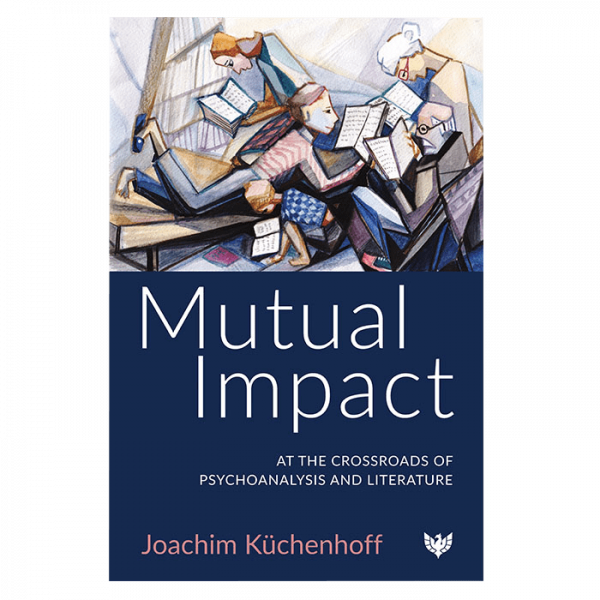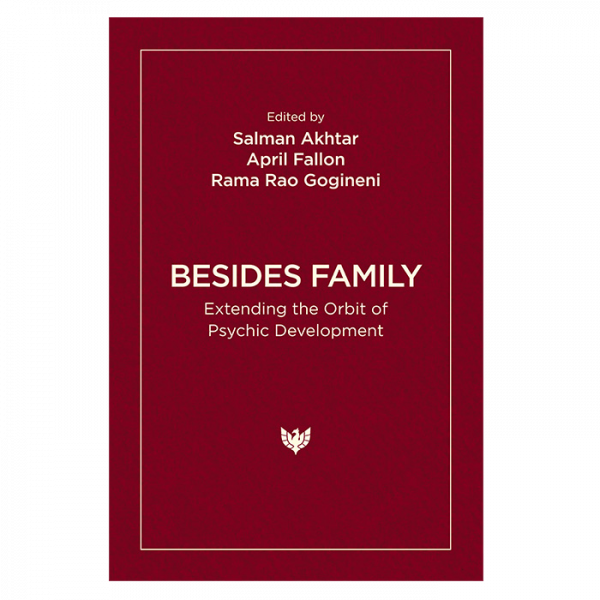Psychoanalysis is, above all, the science of the emotions but, as yet, there is no single accepted theory of affects. Instead, there are many, all of them too limited, based, as they are, on idiosyncratic introspection. R. D. Hinshelwood presents an extensive scoping of the prominent theories from the philosophy of mind and academic psychology alongside a review of psychoanalytic ideas based on instinct theory or object relations. This wide review of divergent theories from various disciplines helps to mitigate variation and identify commonalities. From this scoping exercise, Hinshelwood creates a form of qualitative meta-analysis which enables the most common dimensions to come to the fore – namely, 113 features of affects form a more general theory with four dimensions. This more systematic view offers an affective ‘space’ as a model for thinking about the nature of affects, their origins, and their consequences. At the same time, Hinshelwood retains the personal. He starts with the memory which initiated his quest to understand how much we are rooted in the experience of our feelings and includes a chapter documenting his own idiosyncrasies to bring his own bias to the fore. In this way, the book preserves the especially personal and intimate quality of its universal topic.





Richard Rusbridger, training and supervising analyst and child analyst, British Psychoanalytical Society, and honorary reader, UCL –
‘Emotions have been the Cinderella of philosophical, psychological, biological and psychoanalytic theories of the person. This, despite their being central to our subjective experience of ourselves and our relations to others. Bob Hinshelwood has written a masterful and lucid account of theories of emotion over 4000 years, and synthesised them into clusters of agreement and overlap. He goes on to evolve his own highly original formulation of emotions that captures both their subjective and bodily experience and their communicative function as existing in a metaphorical 3D mental space.. As in his previous writing, Hinshelwood describes complex ideas with great clarity. This important book will be of interest to philosophers, psychologists and psychoanalysts in providing an outstandingly clear guide to a central aspect of what it is to be human.’
Aner Govrin, professor and psychoanalyst, Bar-Ilan University, Israel –
‘The Mystery of Emotions: Seeking a Theory of What We Feel introduces a bold thesis: affects which have often seemed to be like an accumulation of mess of whatever is left over after the more well-thought processes have been used are more seriously meaningful. R. D. Hinshelwood takes us on a panoramic tour of the realm of emotions starting with the Greek philosophers through modern technology and artificial intelligence and up to politics, commerce, and psychoanalytic perspectives. The text is well organised, astute, and informative, and I would highly recommend it to my colleagues and students.’
Karl Figlio, clinical associate, British Psychoanalytical Society, and senior member, Psychoanalytic Psychotherapy Association –
‘R. D. Hinshelwood has a distinguished place in psychoanalysis and related fields. Deeply rooted in clinical practice, he has, over many years, encouraged a respect for objective knowledge of the subjective world, while retaining the aliveness of the psychoanalytic process, and he has shown us how to get to it. In this book, he applies his distinctive acumen to affects, the heart of human experience. What better place to grasp these dimensions together. We live in the immediacy of affects, they impel us to think and judge, we are social through them, and they are rooted in our bodies. Hinshelwood masterfully guides us into knowing them.’
Kay Hoggett, MBACP (Accred), integrative counsellor, coach, and supervisor –
‘Hinshelwood presents a highly original model. His approach is methodological and analytical, […] This analysis provides an intriguing perspective that is of intellectual value.’